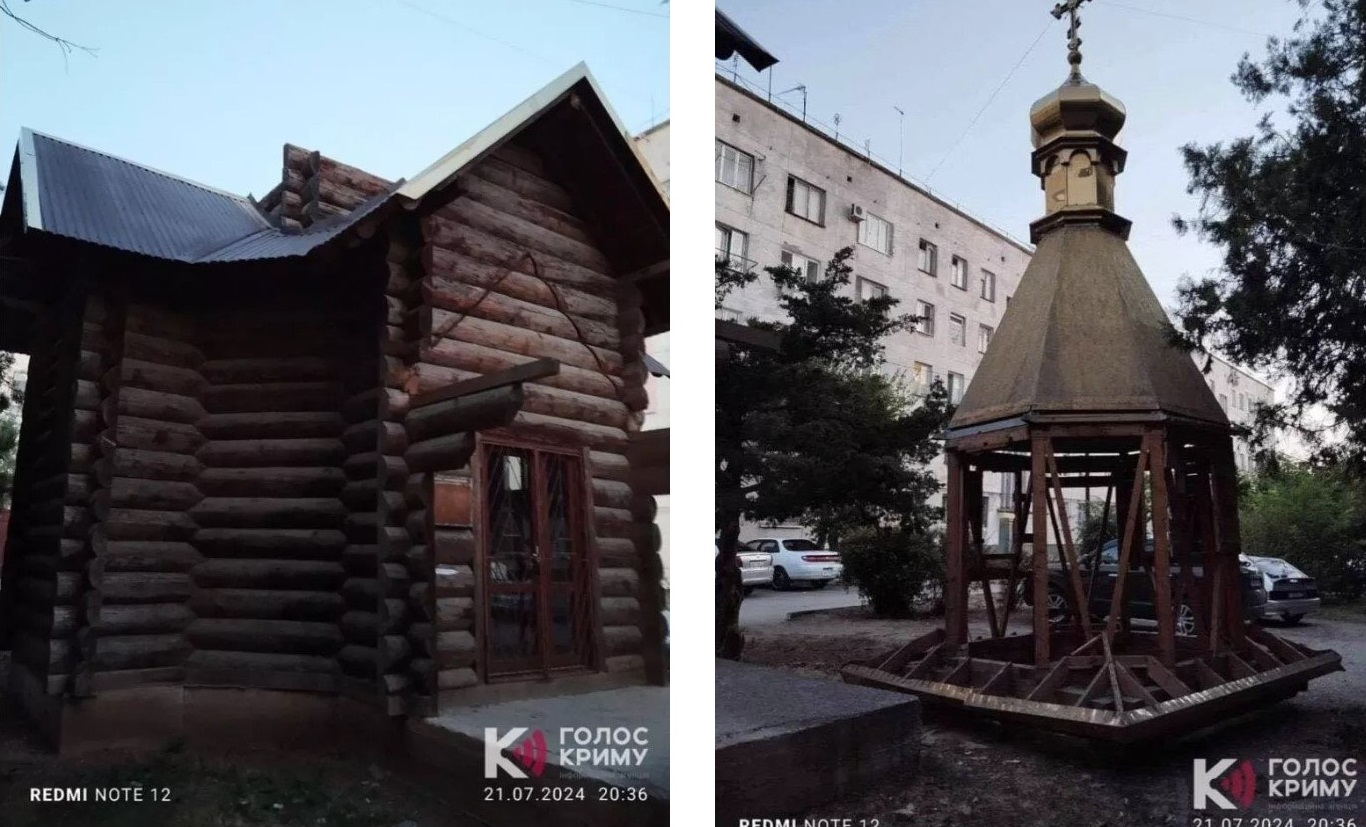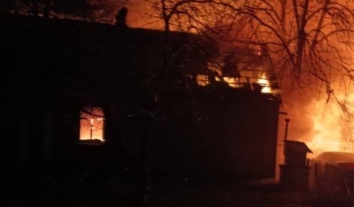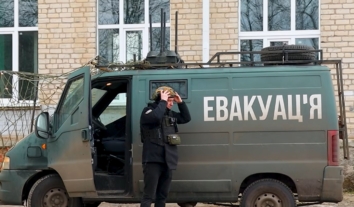Russians dismantled last Ukrainian church in temporarily occupied Crimea
Russian occupiers have begun dismantling the Holy Cross Exaltation Church of the Orthodox Church of Ukraine in temporarily occupied Yevpatoriia. According to Ukraine’s former Deputy Prosecutor General, Gyunduz Mamedov, it was the last Ukrainian church in Crimea.

The publication reported that the Orthodox Church of Ukraine’s parish has been under pressure since 2019 to comply with the decision of the illegitimate “Yevpatoriia city court” to demolish the temple. At the same time, the ruling stated that it would be the responsibility of the temple’s community to destroy the religious structure.
Parishioners refused to cooperate, despite constant threats and pressure to follow the so-called court ruling. Thereby the Russian-controlled authorities in Yevpatoriia filed another court appeal, this time seeking to demolish the temple on their own and make the parishioners cover the costs.
Mamedov asserted that it was the last Ukrainian church in Crimea.
“This is another instance of the Russian Federation’s systemic discrimination against Ukrainians on a national scale during the occupation. Metropolitan Kliment stated that the occupying authorities are demolishing the final Ukrainian church in occupied Crimea. The occupying authorities in Yevpatoriia have begun destroying the Holy Cross Exaltation Church of the Orthodox Church of Ukraine,” Mamedov wrote on X.
Read also: Russia persecutes at least 25 Crimean residents for their faith as Jehovah’s Witnesses
The Mission of the President of Ukraine in the Autonomous Republic of Crimea condemned the actions of the occupying authorities and called them illegal.
The Mission highlights that a resident, Andrii Skriapin, is actively assisting the Russian security forces. Skriapin serves as the commandant of the dormitory on Internatsionalna Street, where the church is located.
The Mission pointed out that the administrative, judicial, and forceful pressure from the Russian Federation’s occupational administration on the Crimean Eparchy of the Orthodox Church of Ukraine is aimed at terminating its activities and pushing it beyond the temporarily occupied Crimea. This process began immediately after the occupation and has intensified over 10 years.
The consequence of this pressure was a sharp decrease in parishes and priests: before the occupation, there were 49 religious communities (parishes, missions, brotherhoods, and a monastery) in Crimea, but by the beginning of the Russian Federation’s full-scale invasion of Ukraine, only seven remained.
We call on the international community and the global religious community to condemn the criminal persecution of the Orthodox Church of Ukraine in occupied Crimea and the unlawful destruction of its churches, and to respond to these further violations of the same rights that have already been ruled illegal by the European Court of Human Rights in the case "Ukraine v. Russia (re Crimea)," the Mission stated.
By way of background, on June 25, 2024, in the case “Ukraine v. Russia (regarding Crimea)”, the European Court of Human Rights (ECHR) recognised numerous human rights violations, including the right to freedom of religion.
The Court found that the occupying administration had restricted religious activities and had discriminated against religious minorities. This mainly affected the Orthodox community, which belongs to the Orthodox Church of Ukraine, and other religious communities that are not subordinate to the Russian Orthodox Church.
The ECHR emphasised that Russian authorities had persecuted religious leaders on the peninsula. They carried out detentions, interrogations, threats, and intimidation. This affected representatives of both the Orthodox Church of Ukraine and other religious organizations.
The Court noted instances of Russian authorities seizing religious objects and premises belonging to the Orthodox Church of Ukraine, particularly cathedrals and temples.
The Court recognized instances of religious discrimination, which violate Article 9 of the European Convention on Human Rights, which guarantees freedom of thought, conscience, and religion.














